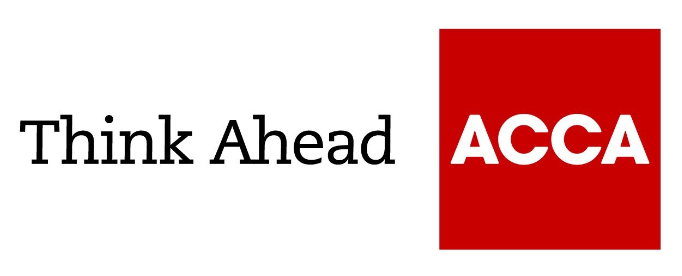Adopting electronic invoicing should be voluntary for both UK businesses and the public sector, according to leading global accountancy body ACCA (the Association of Chartered Certified Accountants).
Responding to a HMRC consultation – Electronic invoicing: promoting e-invoicing across UK businesses and the public sector – ACCA is clear that while the implementation of e-invoicing could bring a number of key benefits for business, such a move must be demand led and must not divert focus away from existing priorities such as Making Tax Digital (MTD).
Glenn Collins, head of policy, technical and strategic engagement at ACCA, said:
“With so much investment already having been made by software providers, taxpayers and all key stakeholders in Making Tax Digital (MTD), we would be concerned that the implementation of e-invoicing could potentially dilute already finite resources and lead to delays.”
Lloyd Powell, head of ACCA Cymru/Wales, said:
“We would encourage a cautious approach when considering the capacity HMRC would have to implement new developments such as e-invoicing while HMRC reforms and areas such as MTD are at the early stages of phased implementation. In other words: concentrate on making MTD a success.”
In its response ACCA suggests that any e-invoicing system should adopt a decentralised ‘four-corner model’ giving independence and flexibility and would not require users to be locked into a central platform.
Joe Fitzsimons, regional lead, policy & insights, ACCA, said:
“A voluntary system of e-invoicing designed to encourage business adoption to realise key business benefits is the most productive approach. Cost benefit analysis will remain crucial as well as considering how e-invoicing can best work for business in practice.
“We also call on the Government to look at existing standards in countries which already use e-invoicing and take a phased approach to ensure capacity and capability can be built and crucially lessons learned.”







